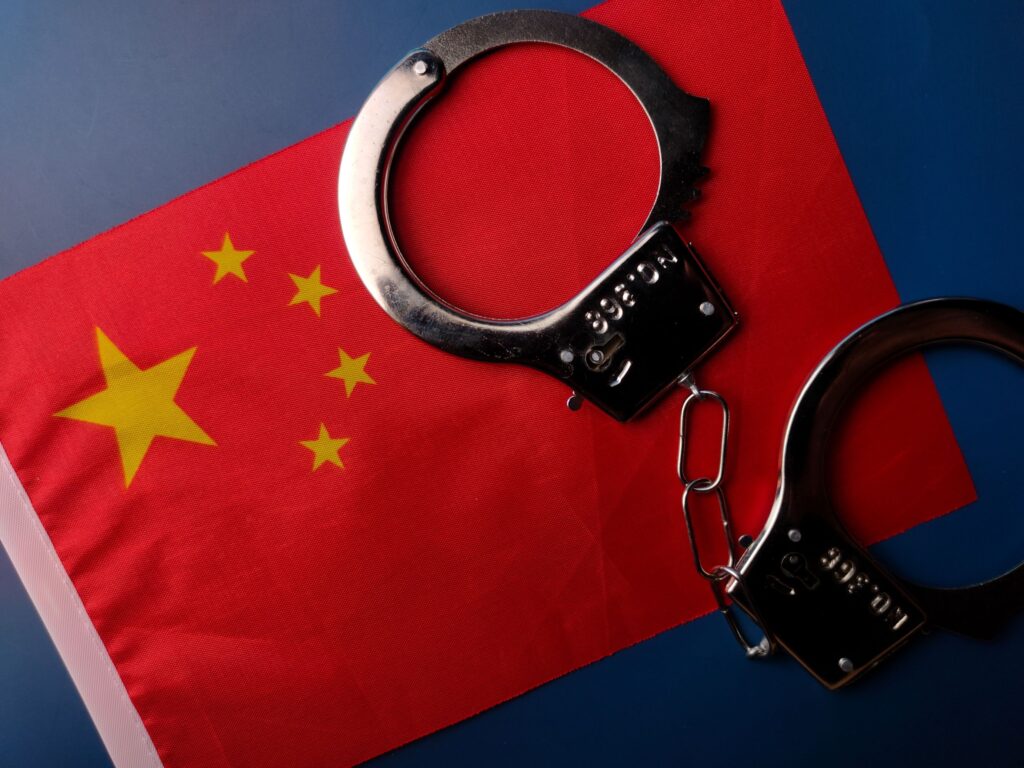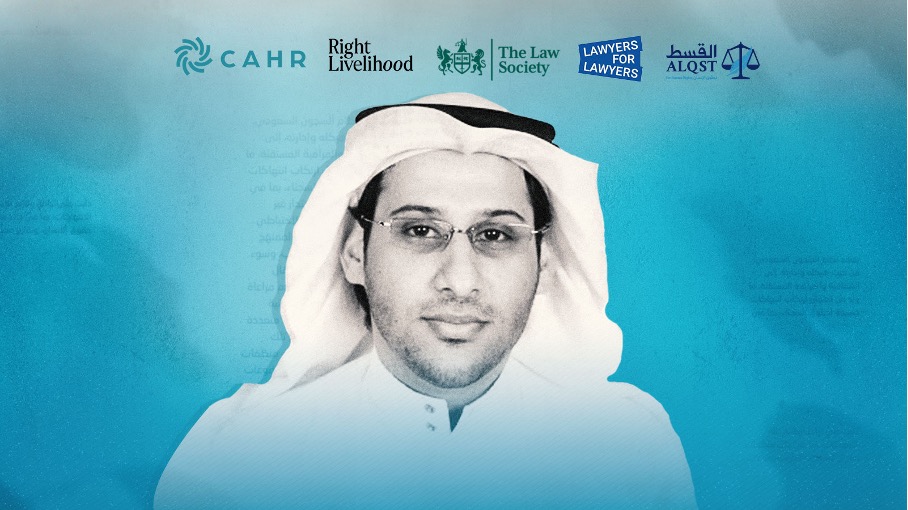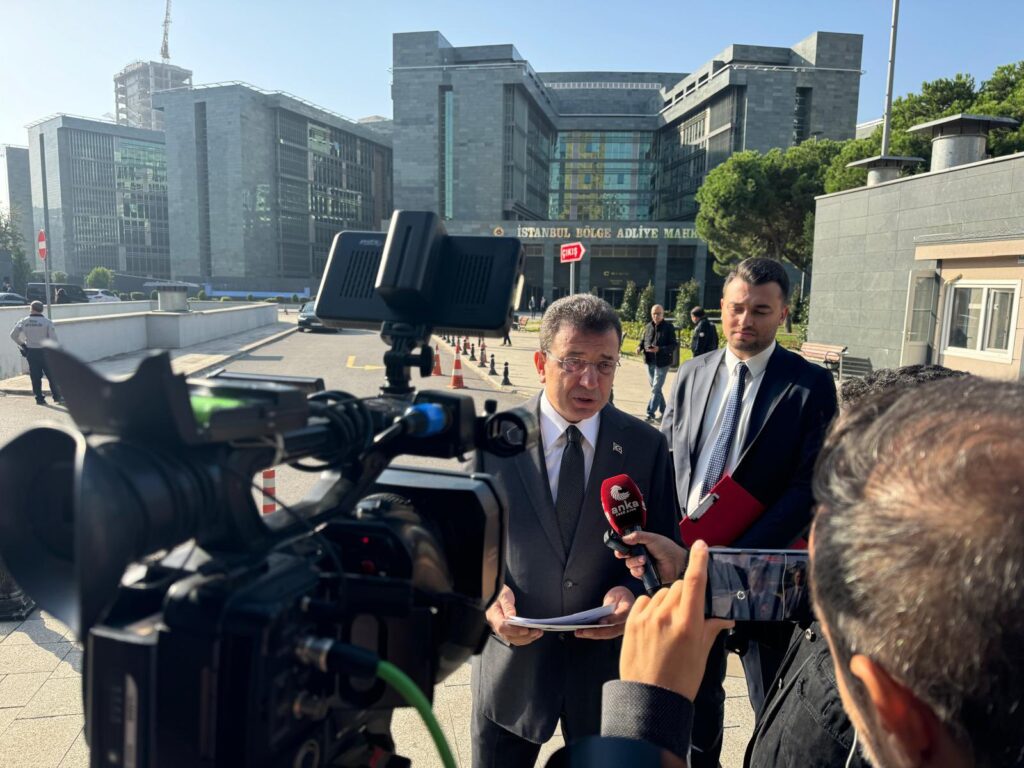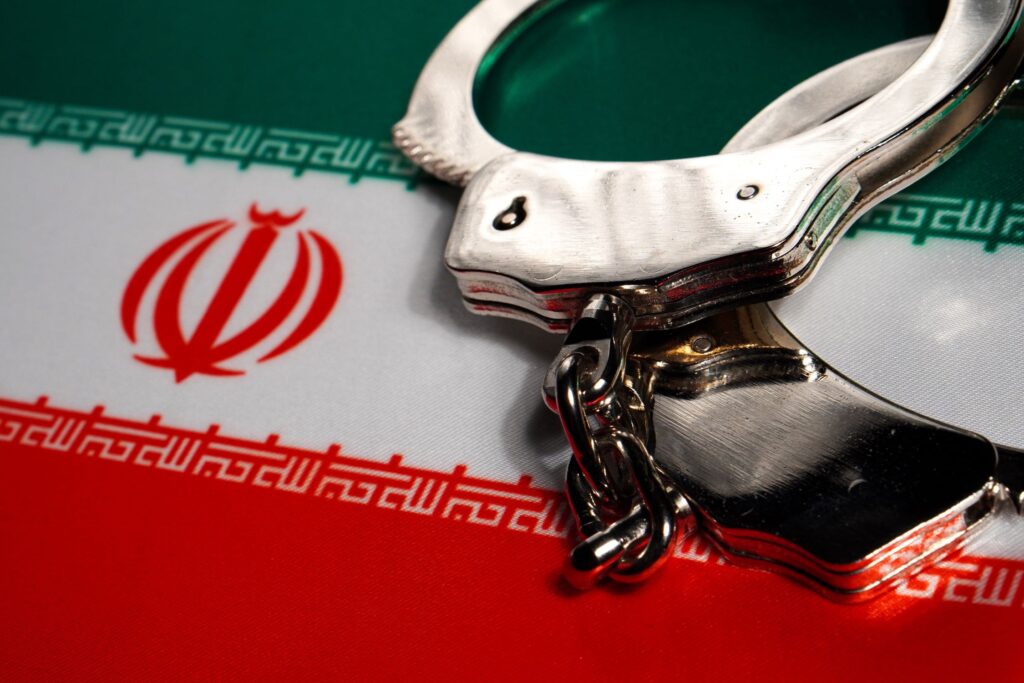In spite of the fact that the elections are behind us, the position of human rights lawyers remains alarming. They are continuously being harassed and threatened. It is still unclear if this will change now that the media report that there is a closer relations between president Mugabe and the leader of the opposition Tsvangirai.
Harrison Nkomo, a prominent human rights lawyer, was the first lawyer to be arrested on 7 May 2008 in relation to so-called oppositional activities. Other lawyers are being troubled about that all the time as well. A hardening in the dealing with critics of the Mugabe government is therefore being feared. Nkomo was arrested near his office in midtown Harare. The charges comprised his being in contempt of and having acted subversively against the authority of Mugabe. This is actionable under the Public Order and Security Act of 2002. Nkomo was defending a journalist of the New York Times, Barry Bearack, who was arrested on 3 April 2008 for working without accreditation. He was also rendering assistance to two other journalists, one of whom was working for opposition party MDC. They are under arrest since 15 April 2008 for committing acts of violence and were arrested near a burning bus. Coincidentally, this happened on the same day the MDC demanded the results of the general elections be made public.
According to independent observers the bus caught fire due to a short circuit and there was no question of arson. Still both journalists were charged with arson. During the defence Nkomo allegedly told a staff member of the field officer, a nephew of Mugabe, that his uncle should retire. Human Rights Watch has called upon the authorities to release Nkomo immediately and withdraw all the charges brought against him. Both the journalists and Nkomo have since been set free. When Nkomo received death threats afterwards he fled to South Africa.
Andrew Makoni, another human rights lawyer, fled to South Africa when he heard he was on the top of a liquidation list. Shortly before that four of his clients had been murdered. The Supreme Court of Zimbabwe ruled that human rights lawyer Eric Matinenga was unjustly arrested and had to be released. Originally the police, who had tortured Matinenga, refused to release him. Eventually he was released on bail.
In a letter to the Minister of Justice of Zimbabwe dated 17 June 2008 L4L has expressed its concern about the treatment of above mentioned human rights lawyers.





